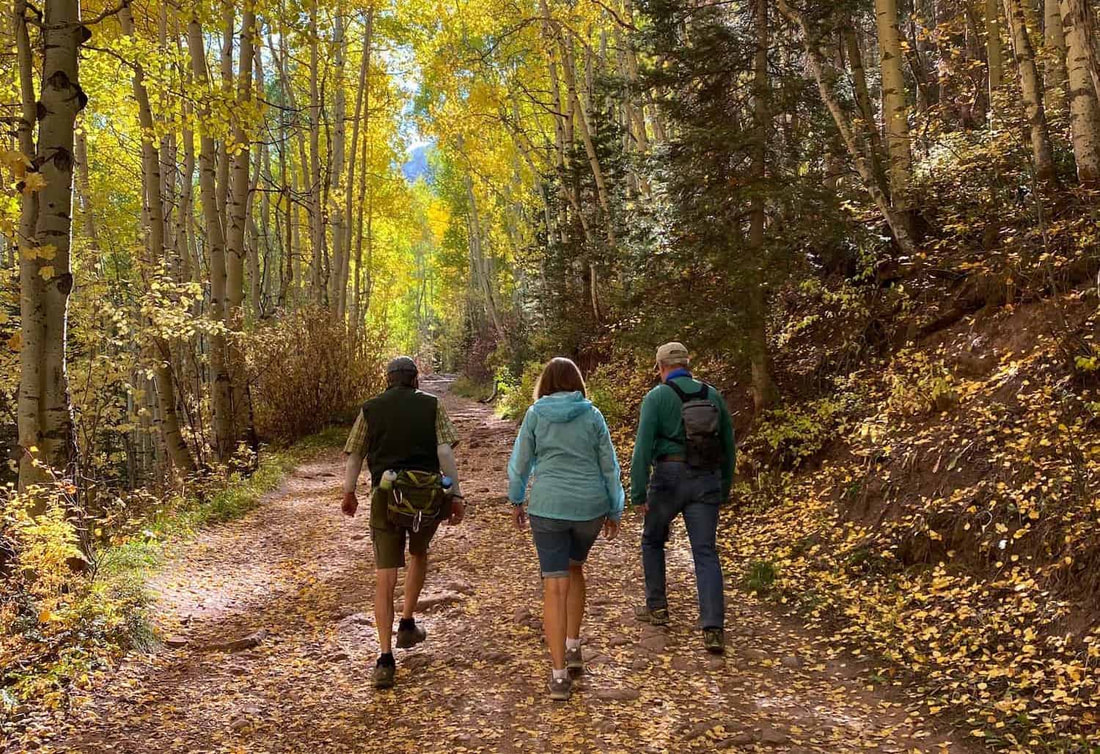|
Photo by Linda Knicely on Unsplash
How can you up your team’s performance without micromanaging or stressing them out?
The last thing you want to do is to become some kind of strict, school teacher leader, standing behind them cracking the whip (and the reality is, that never works). But you know that you could be performing better. You see other teams in organisations like yours with more creativity, more focus and better results… It’s not that you don’t try. You read articles on productivity in Forbes and HBR every week. Your door is always open… and you hope your people know that. You’re constantly checking-in and being supportive, especially when everyone’s working from home. And yet you’re not seeing the results you know your team is capable of. Where exactly are you going wrong? You think you’re doing everything right, so what’s the big secret that you’re missing? Top-performing teams understand the power of nature
The secret to creating a high-performing team doesn’t lie in switching from Asana to Basecamp. Or thinking up new KPIs. Or even in more away days (even if you do choose a jaw-dropping hotel conference room to run them in…)
The “secret” to a high-performing team is in learning from nature. Our ancestors did this naturally, because nature was all they had. When you’re working together to kill a mammoth, you really need to perform well under pressure and work to each others’ strengths. And while we’re not killing mammoths any more, we’re still the same humans. We’ve evolved to work collaboratively in small groups, in which everyone is equally valued. We’re designed to solve problems together, not just in nature, but because of nature. The science behind nature and performance
Most of us lead lives that keep us away from much meaningful contact with the natural world.
Post-pandemic, a daily suburb-to-city commute on a gridlocked motorway or packed-out train has been replaced by long hours in a home office, with a view over the neighbour’s roof tiles. And we’ve just struggled through a dismal lockdown winter, in which natural resets like beach holidays and weekends walking in the hills have been replaced by short walks through urban parks. We’re disconnected from the natural world we’re evolved to perform best in. Studies consistently show that we feel instantly calmer, happier and more productive when we’re in nature. And it’s not just about feelings, but hard numbers: productivity has been shown to increase by 45% in office workers, after just 29 minutes in nature. If half an hour can make such a difference, what could more time do? Focussed immersion in natural environments has been shown to increase not just productivity, but creative thinking and high-level cognitive skills. One study took small groups of people on four to six day hiking expeditions in wilderness environments, and tested their creative thinking and problem-solving abilities at the beginning and the end of the trip. They found there was a 50% increase in performance as a result. The connections between lack of nature, stress and productivity
Why is time in nature such a strong performance booster?
Part of it is to do with stress. We work in digital environments, where we’re constantly called upon to reply to Slack messages, keep on top of endless emails and juggle meetings across multiple timezones...all while trying to get our actual work done. It feels impossible to focus and deadlines creep up at alarming speed. Some short-term stress can help increase performance when it’s most needed, such as just before a big launch or deadline. Like our ancestors killing that mammoth, a little stress in the right place can help us get things done when they need to be done. But ongoing, long-term stress significantly reduces performance, damaging relationships and creativity. Our brains are designed to cope with, and thrive on, short-term stress to help us accomplish an immediate goal. They’re not designed to cope with stress that never stops. The coronavirus pandemic and remote working has made much of this even harder. Many of us are now in more meetings, sending more emails and working longer hours. And that’s on top of the underlying stress of living through a pandemic. We’re more dependent on, and less able to get away from, stress-inducing technology. In nature, though, we’re free from the constant demands of technology. Even 20 minutes in nature has been shown to reduce stress levels. How you can use nature to inspire your team and up your results
Taking your team completely out of that energy-sapping, creativity-draining cycle of Zoom and email allows you to completely reset.
Time in nature means…
In a busy digital work environment, whether remote or not, it’s almost impossible to give real attention to either the future or the present. We’re trying to focus both on the short-term need to respond to immediate demands, and to innovate and plan for the future. We’re often dependent on others to do their part before we can do ours, while working separately from them, leading to mistrust and lack of engagement. For a team to perform well, whether killing a mammoth, making a campfire or launching a revolutionary new product, it needs a shared vision, purpose and trust. Bringing your team away from the daily stress of digital working, and into a place where they’re able to think freely and focus productively, facilitates that.
If you’d like your team to learn the secrets of high performance as part of a facilitated outdoor team building session, get in touch here.
Comments are closed.
|
Author & CuratorNigel Berman is the founder of School of the Wild. Archives
March 2024
|
Leaders |
About Us
Support |
|



 RSS Feed
RSS Feed



